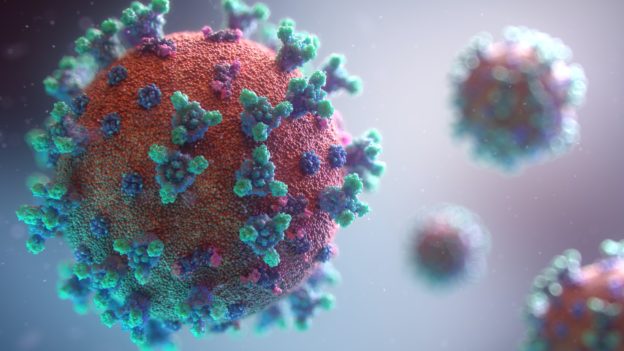Faced with an increasing number of complaints concerning the quality of sanitary products imported from China, the Chinese government has drastically strengthened pre-export controls.
First, through a Circular promulgated on April 1st, jointly with the Ministry of Commerce, the Customs Administration and the Administration of Medical Products, new obligations were imposed on Chinese exporters of medical products (i.e. masks kits for medical use, medical protective clothing, respirators and infrared thermometers).
Consequently, Chinese exporters had to, on the one hand, complete an additional declaration detailing the products and commit to the authenticity of the information contained therein. On the other hand, the exporters had to provide the customs authorities with the “Medical Product Registration Certificate” issued by the National Administration of Medical Products (“NAMP”). Finally, the exporter had to commit to the conformity of the products with the standards of the country of destination (i.e. CE marking for Europe).
On April 10, the Customs Administration published a second circular (Announcement [2020] No.53) in order to intensify quality controls for 11 medical products (mask for medical use, medical protective clothing, infrared thermometers, respirators, surgical cap, medical protective glasses, medical gloves, medical shoe covers, patient monitors, towels for medical disinfection, medical disinfectants). Since then, the quality control carried out by customs inspectors, which previously was random, has become compulsory and systematic. In practice, the duration of the checks would vary from 2 to 5 days. Seizures were also carried out by the Chinese authorities in the event of non-compliance.
On April 13, the Ministry of Commerce announced that following the return of defective products by foreign importers, two Chinese companies (one of which is state-controlled) are now banned from exporting medical products; this black list is published on the MOFCOM website: http://english.mofcom.gov.cn/article/newsrelease/significantnews/202004/20200402955963.shtml. These two companies had only very recently changed their corporate purpose to include the sale of medical products.
If we can only welcome the measures taken by the Chinese authorities, the Community importers must imperatively, before confirming the order, ask the Chinese exporters to provide the registration certificate and to prove the conformity of the products with the standards of the country of destination.
It is important to remember that in case of non-compliance, the French customs administration is competent to notify an offense of importing prohibited goods. This offense, given its potential serious health impact, is punishable by immediate seizure as well as by the application of a fine representing up to 10 times the value of the goods and a prison sentence of a maximum 10 years of imprisonment.
DS law firm and more particularly the Parisian department in Customs & International Trade, as well as its Beijing office are available to companies intending to import these products in the context of the COVID crisis.
***

